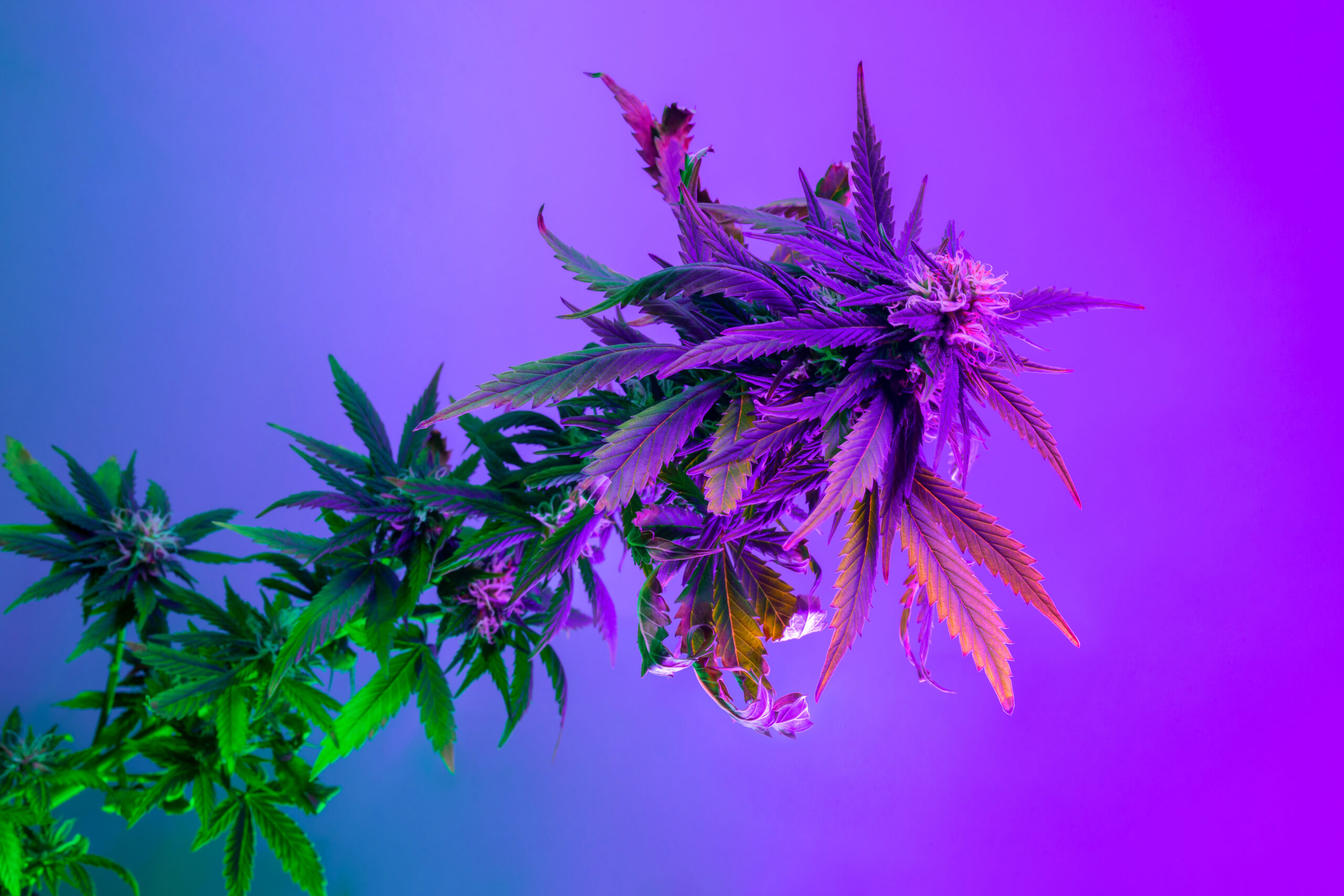Connect with us
Published
9 months agoon

As the cannabis and psychedelic spaces and industries continue to take shape across the U.S., a Senate committee is making efforts to expand research surrounding the two substances while looking into the barriers to studies due to the Schedule I status of each substance.
The Senate Appropriations Committee passed the legislation and its attached report language last Thursday, where it will advance to the floor next, according to a Marijuana Moment report. The bill covers Fiscal Year 2023 funding for Labor, Health and Human Services, Education, and Related Agencies.
While the report focuses on research-focused drug policy, it also prohibits the use of federal funds “for any activity that promotes the legalization of any drug or other substance included in schedule I” under the Controlled Substances Act, unless “significant medical evidence of a therapeutic advantage” is present.
“The committee is urging expanded research into psychedelics, and advised that the National Institutes of Health (NIH) should collaborate with the Food and Drug Administration (FDA) to develop public-private partnerships to facilitate such research,” the report states.
It continues to highlight psychedelic research, addressing the “increased interest and need” to study psychedelic substances like MDMA, ketamine and psilocybin and their potential therapeutic effects. The report presses on the need for the NIH to expand its current research, potentially by forming a cross-institute research group and encouraging psychedelic research at the NIH Clinical Center.
“The Committee also encourages NIH to work with FDA in developing and supporting public-private collaborations to advance all forms of psychedelic research for therapeutic purposes,” the report states.
Regarding cannabis, senators address their concern that cannabis policies on the federal and state level are being changed “without the benefit of scientific research to help guide those decisions.” The committee similarly recognizes the need to study cannabis and cannabinoids, encouraging the NIH to expand its current research.
The report names higher potency THC, alternative cannabis formulations and extracts and additional minor cannabinoids as a few potential focuses. Looking at the medical uses of cannabis specifically, it suggests looking closer at cannabis as it relates to chronic pain, appetite stimulation, immune diseases, cancer, metabolic and digestive disorders, epilepsy, glaucoma, multiple sclerosis, sleep disorders and mental health conditions like anxiety and post-traumatic stress disorder.
“Finally, the Committee encourages NIH to continue supporting a full range of research on the health effects of marijuana and its components, including research to understand how marijuana policies affect public health,” the report states.
The report also discusses barriers to research surrounding Schedule I drugs, especially substances like cannabis and psychedelics that are seeing a renaissance of sorts while still being penalized on a federal level and equated to drugs like heroin.
The committee expresses its concern around the Schedule I status of these drugs limiting the amount and type of research surrounding their use.
“At a time when we need as much information as possible about these drugs and antidotes for their harmful effects, we should be addressing regulatory and other barriers to conducting this research,” the report reads. “The Committee appreciates NIDA’s completion of a report on the barriers to research that result from the classification of drugs and compounds as Schedule I substances including the challenges researchers face as a result of limited access to sources of marijuana, including dispensary products.”
The Senate spending bill restricts the use of federal funding for activities promoting the legalization of Schedule I drugs, with substances demonstrating therapeutic benefits exempt. While the Schedule I status of drugs deems that there is no accepted medical or therapeutic application for such substances, given the research so far, cannabis and psychedelic could possibly fit the description for exemption status.
The bill specifically states, “The limitation in subsection (a) shall not apply when there is significant medical evidence of a therapeutic advantage to the use of such drug or other substance or that federally sponsored clinical trials are being conducted to determine therapeutic advantage.”
Currently, the Senate is on a month-long recess, so lawmakers will need to return to the legislation upon their return in September.


Enemies of Weed Legalization Are Already Raising Money To Challenge Federal Rescheduling Effort


Psychedelic Pioneer Peggy Mellon Hitchcock Dies at 90


Alaska House Approves Bill To Establish Task Force To Investigate Psychedelic Therapy


Study Finds Medical Cannabis Provides Lasting Benefits for Osteoarthritis Patients


Study: ADHD Patient MMJ Use Leads to Improvements in Anxiety, Sleep, Quality of Life


Clinical Trial To Assess LSD Microdosing For PMS



